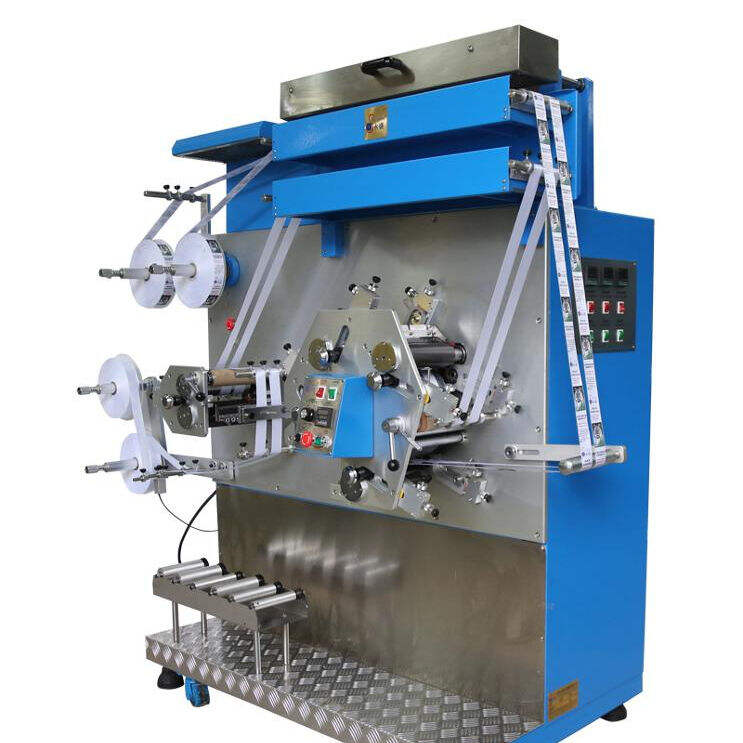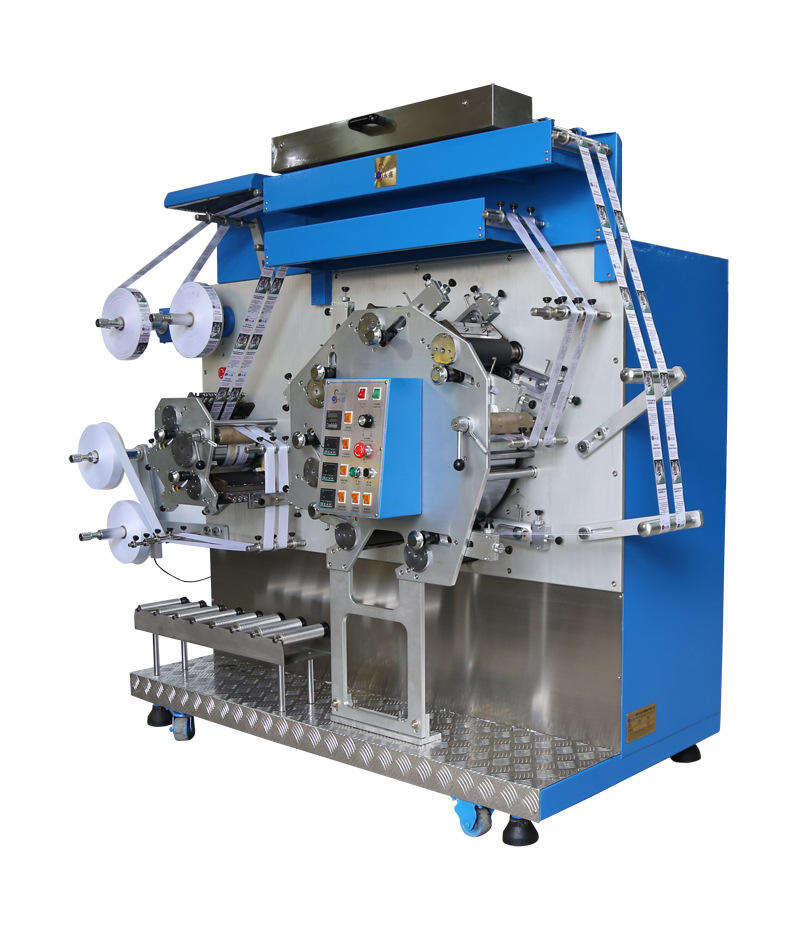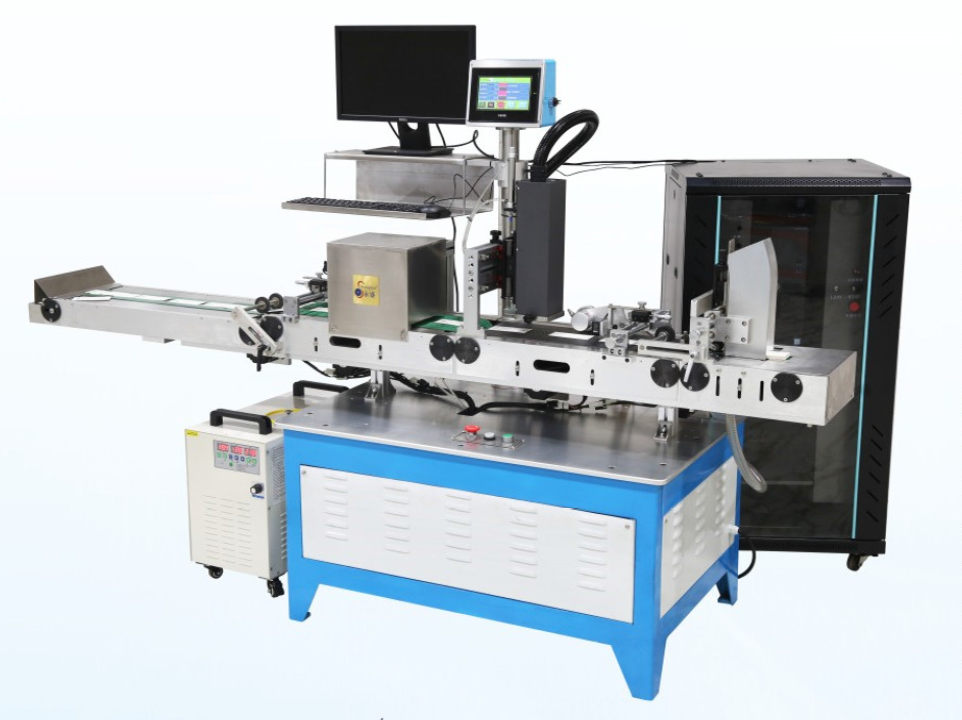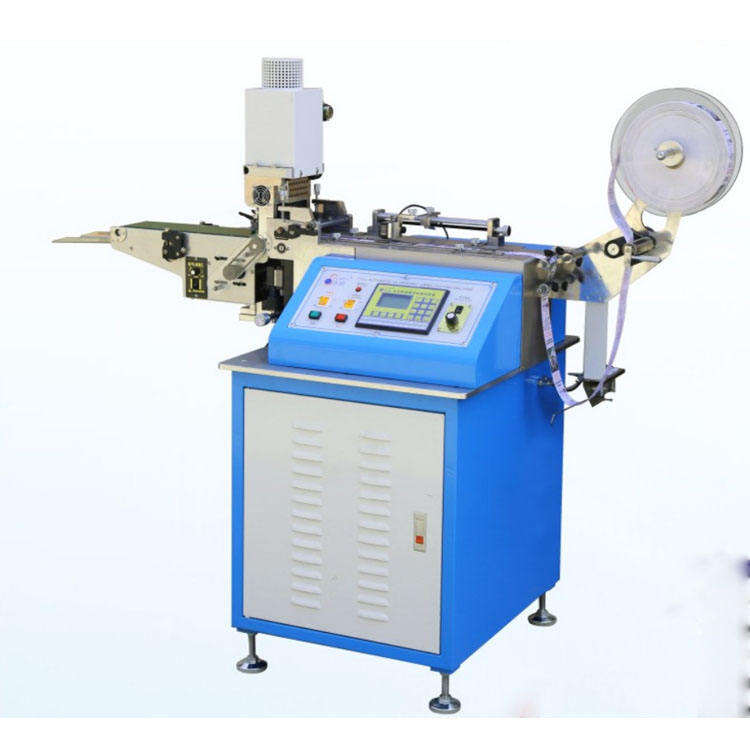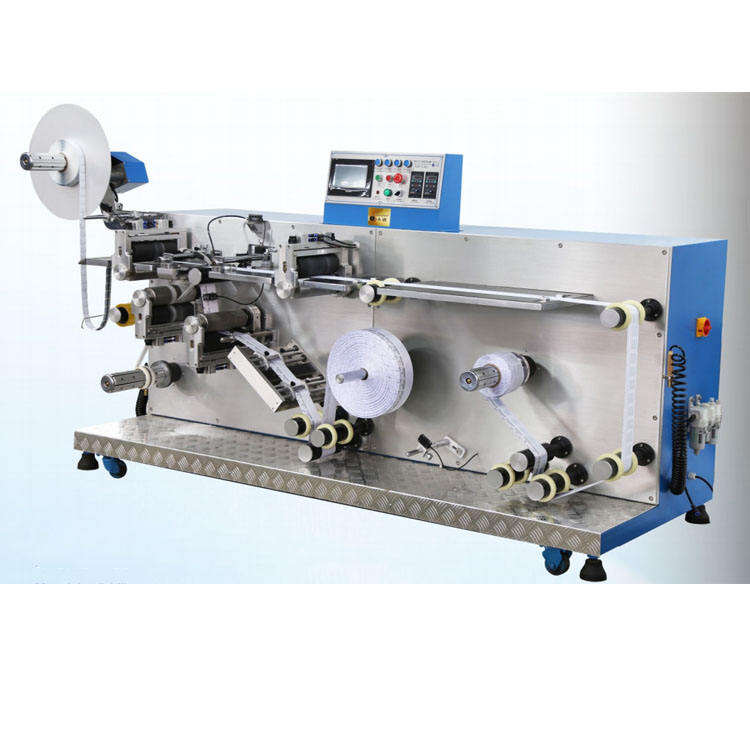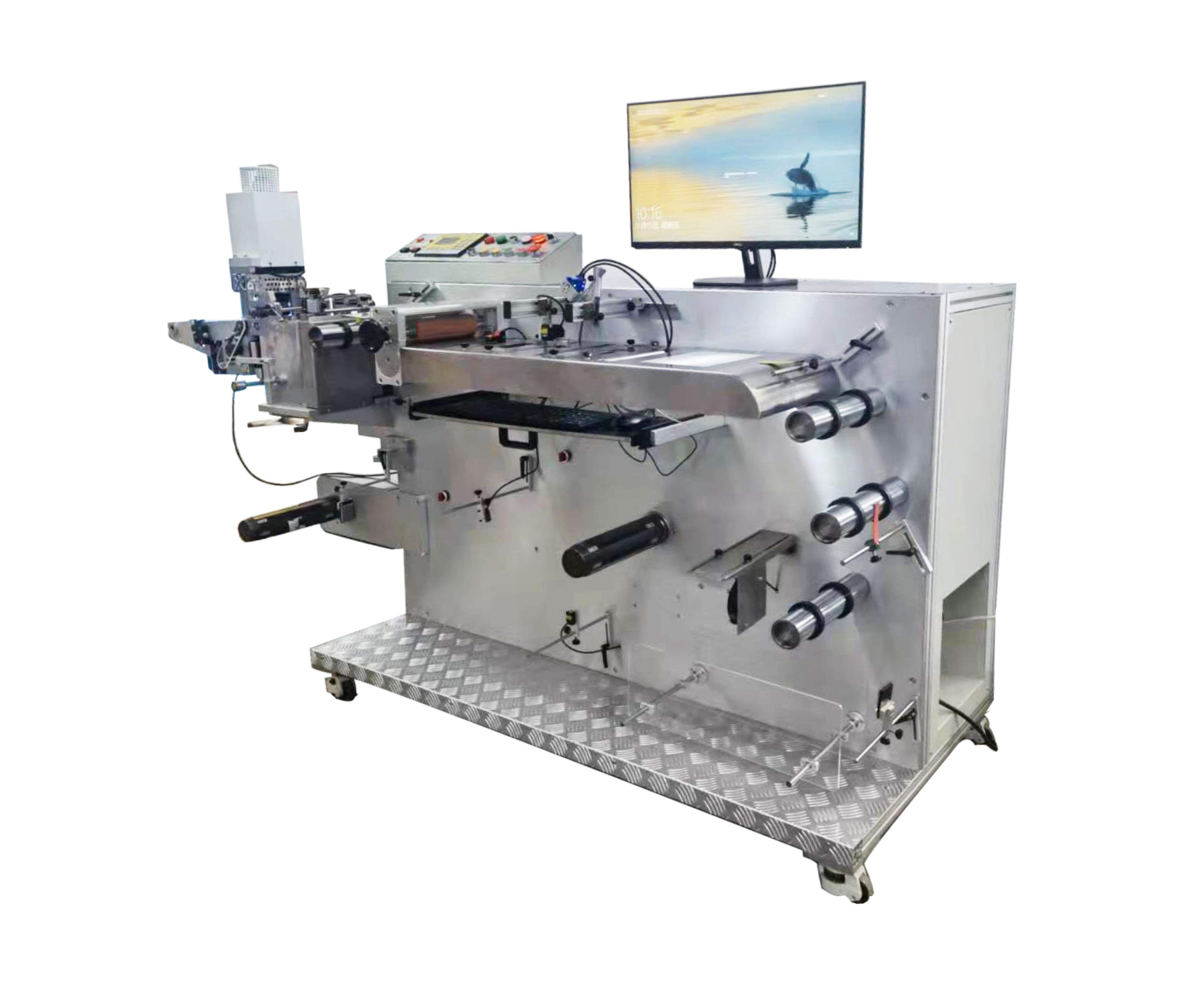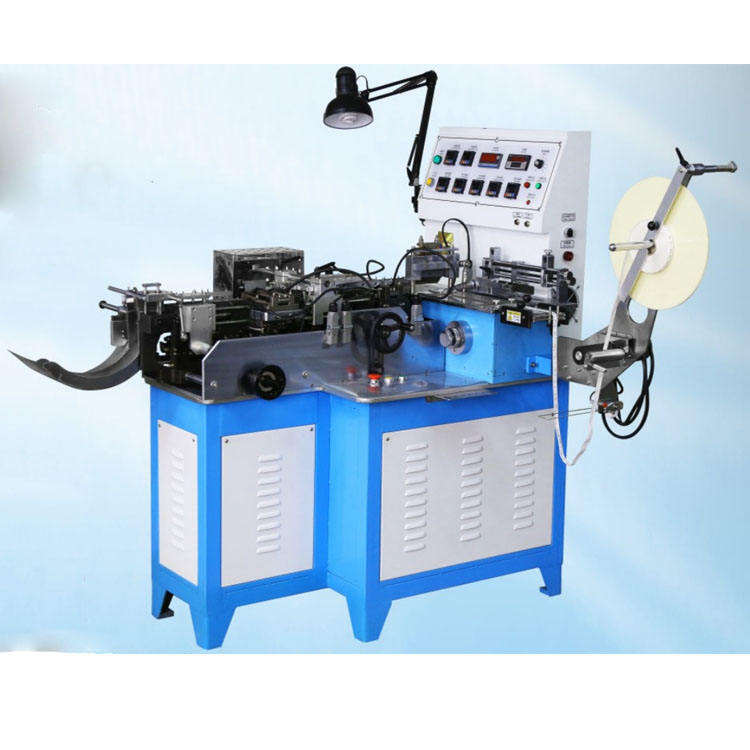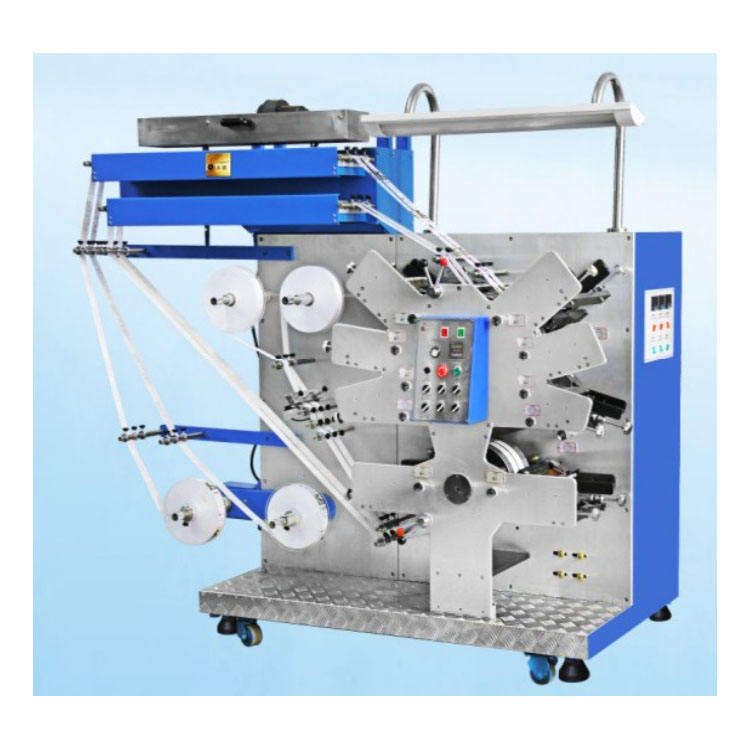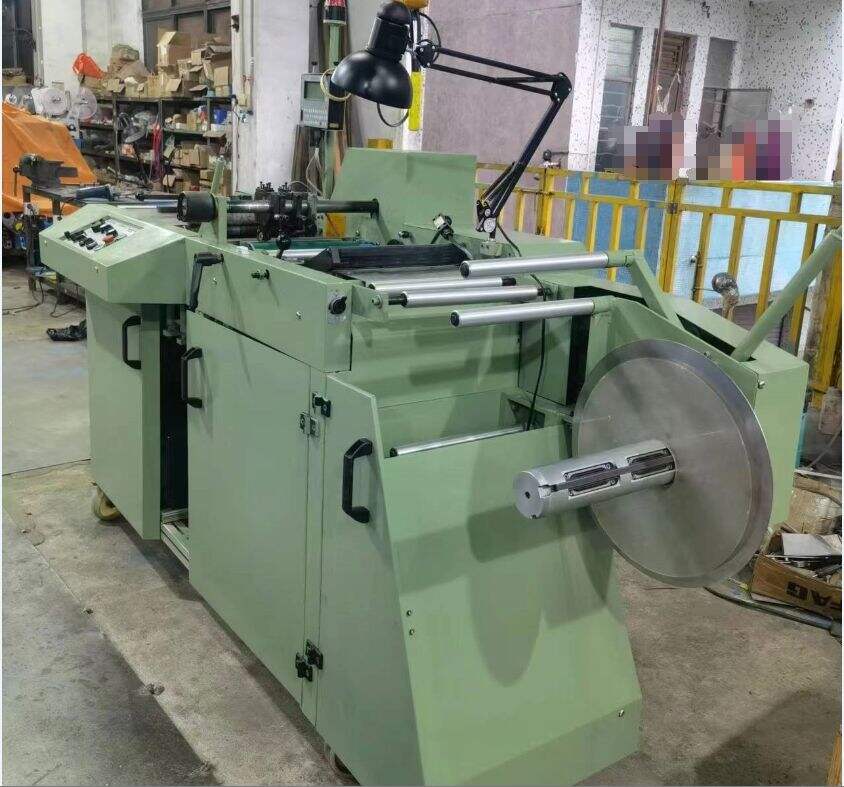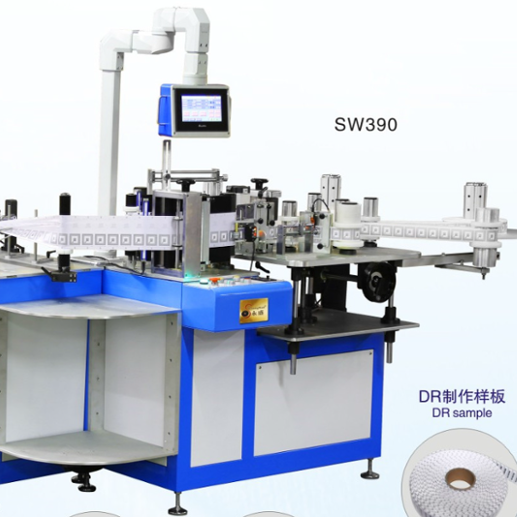Wat zijn de nieuwste ontwikkelingstrends in RFID-technologie?
De nieuwste ontwikkelingen in RFID-technologie
Radio Frequency Identification (RFID)-technologie heeft industrieën revolutionair veranderd door het in real-time volgen van producten, activa en zelfs mensen mogelijk te maken. RFID-technologie heeft zich over de jaren heen aanzienlijk ontwikkeld, biedt tegenwoordig geavanceerdere functies en is een integraal onderdeel geworden van diverse bedrijfsprocessen. Tegenwoordig wordt het gebruikt in een breed scala aan toepassingen, variërend van supply chain management tot de gezondheidszorg, retail en logistiek. Naarmate de vraag naar efficiëntere en kostenefficiënte oplossingen toeneemt, ontwikkelt RFID-technologie zich voortdurend om te voldoen aan de groeiende behoeften van bedrijven. In deze blog bespreken we de nieuwste trends in RFID-technologie en hoe deze innovaties de toekomst van activatracking en voorraadbeheer vormgeven.
Vooruitgang in de RFID-technologie
Toenemende integratie met Internet of Things (IoT)
Een van de belangrijkste trends in RFID-technologie is de toenemende integratie ervan met het Internet of Things (IoT). RFID-tags, gecombineerd met IoT-apparaten, creëren een krachtige ecosystem voor real-time dataverzameling en monitoring. Met IoT-gebaseerde RFID-systemen kunnen bedrijven data van RFID-tags op veel grotere schaal verzamelen en analyseren. Deze integratie maakt naadloze communicatie mogelijk tussen verschillende apparaten en systemen, waardoor efficiëntere operaties en datagedreven besluitvorming mogelijk worden. Bijvoorbeeld kunnen RFID-sensoren de toestand van producten tijdens transport monitoren, terwijl IoT-systemen de beweging van deze items langs de gehele supply chain volgen en registreren. Deze synergie tussen RFID en IoT baant de weg naar slimme, geautomatiseerde systemen die de zichtbaarheid van voorraden verbeteren, menselijke fouten verminderen en de algehele operationele efficiëntie verhogen.
Verbeterde RFID-tags voor verhoogd bereik en precisie
Recente ontwikkelingen in RFID-technologie hebben geleid tot de ontwikkeling van krachtigere RFID-tags die een groter bereik en precisie bieden. Traditionele passieve RFID-tags hadden meestal een beperkt leesbereik, waardoor ze minder effectief waren voor grootschalige asset tracking of langafstandsscanning. De nieuwste RFID-tags zijn echter ontworpen om gevoeliger te zijn en hebben een verder reikend leesbereik, waardoor ze geschikt zijn voor een breder scala aan toepassingen. Deze nieuwe RFID-tags kunnen vanaf een grotere afstand worden gelezen, wat vooral voordelen biedt in industrieën zoals logistiek, waar langafstandstracking essentieel is voor het monitoren van goederen tijdens transport. Bovendien hebben verbeteringen in het ontwerp van RFID-tags ervoor gezorgd dat ze nauwkeuriger zijn, waardoor een preciezere tracking van activa en voorraden mogelijk is, zelfs in complexe omgevingen waarin meerdere items samen worden opgeslagen.

De rol van RFID-technologie in Industrie 4.0
RFID maakt slimme productie mogelijk
Industrie 4.0, gekenmerkt door de integratie van automatisering, dataruil en geavanceerde productietechnologieën, is een van de drijfveren achter de snelle ontwikkeling van RFID-technologie. RFID speelt een cruciale rol bij het mogelijk maken van slimme productie door realtime gegevens te verstrekken over het productieproces, de machines en de voorraden. Door RFID-technologie te integreren in productiesystemen, kunnen bedrijven de locatie en status van machines, gereedschappen en producten op de fabrieksvloer in de gaten houden. Dit helpt inefficiënties in kaart te brengen, de stilstandstijd te verminderen en de productieplanning te optimaliseren. Zo kunnen RFID-tags de beweging van grondstoffen, onderdelen en eindproducten gedurende het gehele productieproces volgen en realtime inzicht geven in de status van de operaties. Deze continue stroom informatie helpt bij het verbeteren van besluitvorming, het verminderen van afval en het verhogen van de productiviteit.
Geavanceerde data-analyse en AI-integratie
Naarmate RFID-technologie zich ontwikkelt, wordt deze steeds vaker geïntegreerd met geavanceerde data-analyse en kunstmatige intelligentie (AI). Aangezien RFID-systemen grote hoeveelheden gegevens verzamelen vanaf assets en voorraden, kunnen bedrijven nu AI-algoritmen gebruiken om deze gegevens te verwerken en analyseren voor bruikbare inzichten. Zo kan voorspellende analyse, aangedreven door AI, helpen bij het voorspellen van voorraadbehoeften, het detecteren van verstoringen in de supply chain en het voorspellen van onderhoudsschema's voor apparatuur. Deze integratie stelt bedrijven in staat om van reactieve naar proactieve besluitvorming te gaan, waardoor operaties soepeler en efficiënter verlopen. Door RFID-systemen met AI kunnen ook optimalisatie van magazijnindelingen, vereenvoudiging van logistiek en verbetering van assetgebruik worden geboden. Door AI samen met RFID-technologie toe te passen, kunnen bedrijven nieuwe niveaus van operationele efficiëntie bereiken en een concurrentievoordeel verkrijgen in hun respectieve industrieën.
Innovaties in RFID-hardware en -software
Ontwikkeling van RFID-leestechnologie
De ontwikkeling van RFID-lezertechnologie heeft de afgelopen jaren aanzienlijk vooruitgang geboekt, waarbij nieuwe lezers verbeterde functies en mogelijkheden bieden. Moderne RFID-lezers zijn compacter, veelzijdiger en in staat om meerdere tags tegelijkertijd te lezen, zelfs in uitdagende omgevingen. Deze lezers zijn tegenwoordig ontworpen om een breder bereik van frequenties te verwerken en kunnen zowel passieve als actieve RFID-tags lezen. Bovendien hebben verbeteringen in draadloze connectiviteit, zoals Bluetooth en Wi-Fi, RFID-lezers in staat gesteld naadloos te integreren met andere systemen en apparaten. Deze innovatie heeft de algehele gebruikerservaring verbeterd en stelt bedrijven in staat om activa in real time snel en nauwkeurig te volgen zonder behoefte aan complexe infrastructuur.
RFID-software en cloudintegratie
Naarmate RFID-technologie zich blijft ontwikkelen, is er een aanzienlijke toename geweest in de integratie van RFID-software met cloudgebaseerde platforms. Cloudgebaseerde RFID-oplossingen stellen bedrijven in staat grote hoeveelheden gegevens die via RFID-tags worden verzameld, op te slaan en te beheren, waardoor het makkelijker wordt om vanaf elke locatie toegang te krijgen tot en analyses uit te voeren op die informatie. Met RFID-software die in de cloud draait, kunnen bedrijven in real-time toegang krijgen tot gegevens over voorraadniveaus, asset-locaties en andere belangrijke metrieken. Dit stelt managers in staat beter geïnformeerde beslissingen te nemen en sneller te reageren op veranderingen in de supply chain of voorraadsituatie. Bovendien maken cloudgebaseerde systemen een eenvoudigere schaalbaarheid mogelijk, waardoor bedrijven hun RFID-systemen kunnen uitbreiden naarmate hun behoeften groeien. Hierdoor kunnen bedrijven flexibelere en kostenefficiëntere RFID-oplossingen implementeren die naadloos integreren met andere technologieën.
De toekomst van RFID-technologie
RFID-technologie in de zorg
De gezondheidszorg is een van de sectoren waar RFID-technologie de meest veelbelovende ontwikkelingen kent. RFID-tags worden gebruikt om medische apparatuur, farmaceutische producten en zelfs patiënten te volgen. De mogelijkheid om bewegingen van medische apparaten en medicijnen in realtime te monitoren en traceren, helpt bij het verminderen van diefstal, verlies en verkeerd opslaan, wat ernstige gevolgen kan hebben in de zorg. RFID-technologie wordt ook geïntegreerd in zorgsystemen voor patiënten, waarbij patiënten worden voorzien van RFID-polsbandjes om hun bewegingen, medicatiegeschiedenis en medische dossiers te volgen. Dit verbetert niet alleen de patiëntveiligheid, maar draagt ook bij aan een gehele verbetering van de efficiëntie van zorgprocessen. In de toekomst wordt verwacht dat RFID-technologie in de gezondheidszorg een nog grotere rol zal spelen bij het waarborgen van betere behandelresultaten, het verlagen van de zorgkosten en het verbeteren van de werkefficiëntie.
RFID en duurzaamheid
Duurzaamheid is een sleutelonderwerp aan het worden voor bedrijven in verschillende industrieën, en RFID-technologie speelt een belangrijke rol bij het bevorderen van duurzaamheid. RFID-systemen kunnen worden gebruikt om de levenscyclus van producten te volgen, van productie tot afvalverwerking, waardoor bedrijven afval kunnen verminderen, het gebruik van middelen kunnen optimaliseren en hun recyclinginspanningen kunnen verbeteren. Door real-time gegevens te verstrekken over voorraadniveaus en productcondities, helpt RFID-technologie bedrijven bij het minimaliseren van overproductie en het verminderen van milieubelasting. Daarnaast kan met RFID-gebaseerde tracking worden bijgedragen aan het verminderen van voedselverspilling, het monitoren van energieverbruik en het verbeteren van de duurzaamheid van de gehele supply chain. Naarmate duurzaamheid steeds belangrijker wordt, zullen RFID-technologieën bedrijven blijven voorzien van de tools om verantwoord en efficiënter te opereren.
Veelgestelde vragen
Wat zijn de nieuwste ontwikkelingen in RFID-technologie?
Recente ontwikkelingen in RFID-technologie omvatten een grotere integratie met het Internet of Things (IoT), verbeterde RFID-tags met verhoogd bereik en precisie, en de integratie van RFID met AI en geavanceerde data-analyse. Deze innovaties helpen bedrijven bij het verbeteren van voorraadbeheer, het stroomlijnen van operaties en het versterken van het besluitvormingsproces.
Hoe draagt RFID-technologie bij aan slimme productie?
RFID-technologie maakt real-time tracking mogelijk van activa, gereedschappen en producten op de fabrieksvloer, waardoor bedrijven hun productieplanning kunnen optimaliseren, stilstand kunnen verminderen en inefficiënties kunnen identificeren. Door een continue stroom van data te leveren, verbetert RFID het besluitvormingsproces en verhoogt het de productiviteit in slimme productie.
Welke rol speelt RFID in de zorg?
In de zorg wordt RFID gebruikt om medische apparatuur, farmaceutische producten en patiëntbewegingen te volgen. Dit verbetert de patiëntveiligheid, vermindert verlies of diefstal en verhoogt de algehele efficiëntie van zorgprocessen door te zorgen dat middelen nauwkeurig worden getraceerd en beheerd.
Kan RFID-technologie bijdragen aan duurzaamheidsinspanningen?
Ja, RFID-technologie bevordert duurzaamheid door afval te verminderen, het gebruik van middelen te optimaliseren en recycling te verbeteren. Het stelt bedrijven ook in staat om productcondities en levenscyclusstages te monitoren, wat leidt tot verantwoordere productie en consumptie.
Aanbevolen producten
Hot News
-
De culturele betekenis van de drukpers bij het behoud en de verspreiding van kennis te overwegen
2023-12-08
-
De rol van de drukpers in de wereldeconomie
2023-12-08
-
Milieueffect: analyse van de ecologische voetafdruk van de drukkerij
2023-12-08
-
De grens van de druk: 3D-printen en de industriële renaissance
2023-12-08
-
De ontwikkeling en de impact van de drukpers
2023-12-08
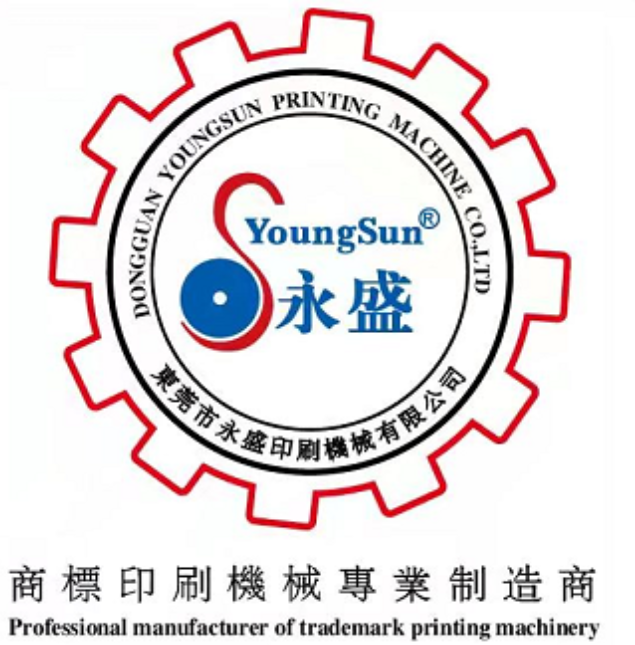
 EN
EN
 AR
AR
 CS
CS
 DA
DA
 NL
NL
 FI
FI
 FR
FR
 DE
DE
 EL
EL
 HI
HI
 IT
IT
 JA
JA
 KO
KO
 PL
PL
 PT
PT
 RO
RO
 RU
RU
 ES
ES
 SV
SV
 IW
IW
 ID
ID
 VI
VI
 SQ
SQ
 HU
HU
 MT
MT
 TH
TH
 TR
TR
 AF
AF
 GA
GA
 BN
BN
 BS
BS
 LO
LO
 LA
LA
 MI
MI
 MN
MN
 NE
NE
 MY
MY
 KK
KK
 UZ
UZ
 KY
KY
